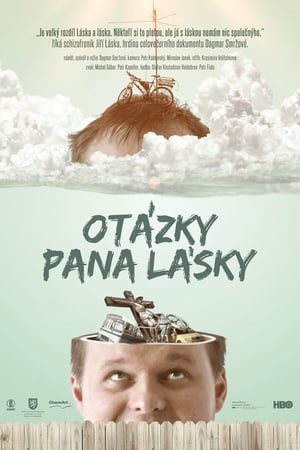Loulou
Similar Movies
This Beggar's Description(en)
It's a sensitive, moving doc chronicling the life of Tétrault's brother Philip , a Montreal poet, musician and diagnosed paranoid schizophrenic. A promising athlete as a child, Philip began experiencing mood swings in his early 20s. His extended family, including his daughter, share their conflicted feelings love, guilt, shame, anger with the camera. They want to make sure he's safe, but how much can they take?
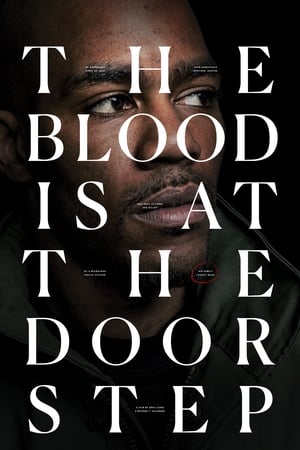 6.5
6.5The Blood Is at the Doorstep(en)
After Dontre Hamilton, a black, unarmed man diagnosed with schizophrenia, was shot 14 times and killed by police in Milwaukee, his family embarks on a quest for answers, justice and reform as the investigation unfolds.
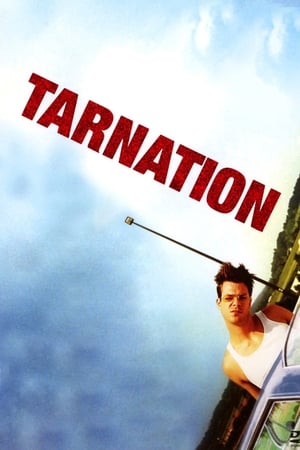 6.9
6.9Tarnation(en)
Filmmaker Jonathan Caouette's documentary on growing up with his schizophrenic mother -- a mixture of snapshots, Super-8, answering machine messages, video diaries, early short films, and more -- culled from 19 years of his life.
They Heard Voices(en)
THEY HEARD VOICES is a documentary film exploring the Hearing Voices Movement, chronic psychosis, and the schizophrenia label. The film is a series of wide-ranging interviews with voice hearers, medical historians, anthropologists and psychiatrists from Britain and America, presenting different people’s views. Is schizophrenia hard science or an arbitrary, catch-all term with no real meaning? What does it mean for those experiencing psychosis?
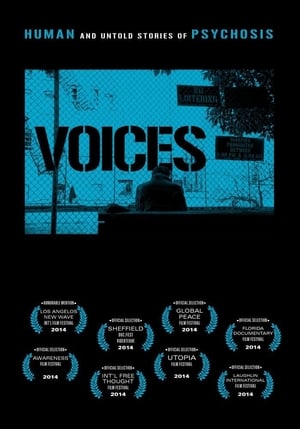 0.0
0.0Voices(en)
Voices is an award-winning documentary that features the stark and intimate portraits of three very different individuals and their struggle with severe mental illness in America. The stories of Sharon, Thomas and Aaron illuminate the challenges, realities, and often complex emotions and choices that surround people with psychotic mental illness and those who love them.
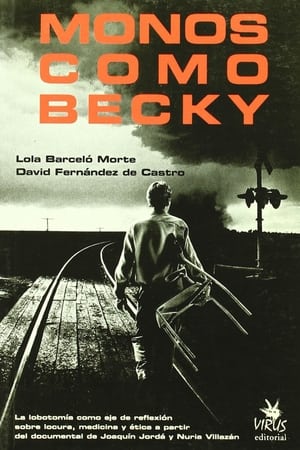 6.5
6.5Monkeys Like Becky(es)
The first part of this documentary deals with the Portuguese neurologist António Egas Moniz, Nobel Prize for Medicine in 1949, one of the first surgeons to apply the technique called lobotomy for the treatment of schizophrenia. The second part deals with the everyday life of people with schizophrenia today: behavior and relationships, and treatment for the disease.
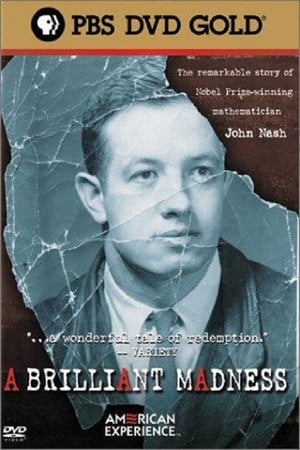 8.0
8.0A Brilliant Madness(en)
The life of the Nobel Prize-winning mathematician and schizophrenic John Nash — the inspiration for the feature film A Beautiful Mind — is a powerful exploration of how genius and madness can become intertwined.
Born Schizophrenic: Jani's Next Chapter(en)
Jani is one of the youngest children ever diagnosed with schizophrenia. At age 9, she's seen great improvements and some setbacks. But now her parent's attention turns toward her brother, Bodhi. At age 4, is he showing signs of schizophrenia too?
Born Schizophrenic: Jani & Bodhi's Journey(en)
Jani, now 11, is showing improvement in keeping her hallucinations at bay. But the same cannot be said for Bodhi, now 6. His dangerous outbursts have landed him in the hospital; leaving the doctors and family with a puzzling diagnosis.
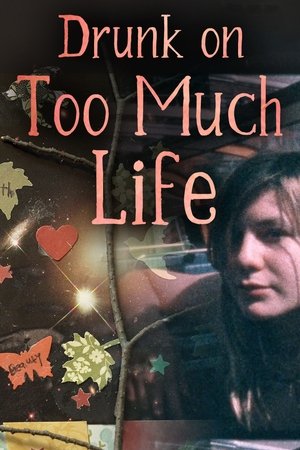 10.0
10.0Drunk on Too Much Life(en)
The filmmakers' 21-year-old daughter journeys from locked-down psych wards and diagnostic labels toward expansive worlds of creativity, connection, and greater meaning. Featuring insights from trauma experts and others, the film challenges the widespread idea that mental illness should be understood purely in biological terms, revealing the myriad ways that madness has meaning beyond brain chemistry.
Executing the Insane: The Case of Scott Panetti(en)
Scott Panetti was tried for the capital murder of his parents-in-law on September 8, 1992 in Gillespie County, Texas. He was subsequently sentenced to death on September 22, 1995. Panetti has an extensive history of mental illness, including schizophrenia, manic depression, auditory hallucinations and paranoia. Panetti was hospitalized, both voluntarily and involuntarily for mental illness fourteen times in six different hospitals before his arrest for capital murder in 1992. Following his conviction, Panetti’s former wife, and daughter of the victims, Sonja Alvarado, filed a petition stating that Panetti never should have been tried for the crimes as he was suffering from paranoid delusions at the time of the killings.
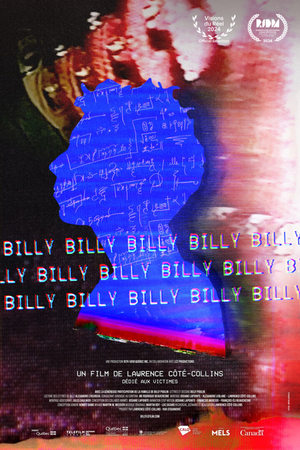 0.0
0.0Billy(fr)
Billy is a film buff who films himself non-stop. During a film shoot, he meets Lawrence Côté-Collins and the two become friends. One night, he assaults her. Years later, in prison for the deaths of two people, Billy is diagnosed with schizophrenia. With the help of the filmmaker, his only remaining relationship apart from his family, his personal archives become an invaluable resource for understanding his illness. A formal deconstruction of schizophrenia through a remarkably open-minded gaze.
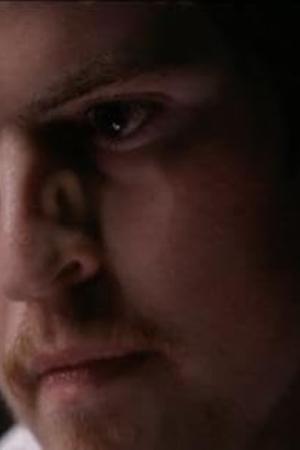 0.0
0.0Schizophrenia: The Voices in My Head(en)
A documentary tracking the daily lives, struggles and triumphs of some young Irish people living with schizophrenia. They speak openly about what it's like to live with such a severe mental health disorder and struggle with delusional thoughts and the internal voices that are so associated with schizophrenia.
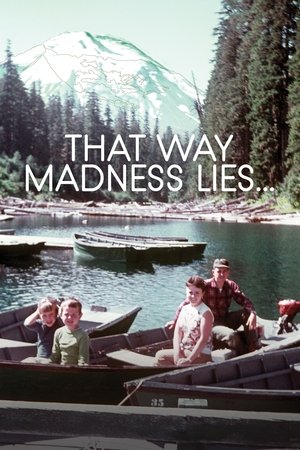 0.0
0.0That Way Madness Lies...(en)
One woman and her family trek the broken mental health system in an effort to save her brother as he descends into madness. Beginning as a testimony of his sanity, his iPhone video diary ultimately becomes an unfiltered look at the mind of an untreated schizophrenic.
Rolanda Polonsky, Sculptor(en)
Enter the imaginative world of acclaimed sculptor Rolanda Polonsky, who had been a resident of Netherne Psychiatric Hospital in Coulsdon, Surrey for 26 years when this film was made. One of the positive aspects of her illness, described in the film as a schizophrenia, is that it "tapped a deep source of mystical vision and human feeling" which finds expression in her work.
 0.0
0.0The Sunnyboy(en)
Following the Sunnyboys’ enigmatic frontman Jeremy Oxley from the band’s origins, breakthrough success and his subsequent 30-year battle with schizophrenia, The Sunnyboy is one man's inspired story of survival and hope. A meditation on a condition often stigmatised and misunderstood, Kaye Harrison’s documentary buries below the surface of Oxley’s public “identity” to explore his own reality and battle to maintain “self”. Secure in a loving relationship with his partner Mary, Oxley slowly emerges from his solitary torment to join the world we all share. The film follows him as he tentatively unpicks his confused thoughts and feelings about the past with his brother Peter. From his struggle with the physical effects of years spent self-medicating to his hopeful contemplation of a married future and a daring return to the stage, The Sunnyboy is the definitive documentary of Jeremy Oxley's journey from the Sunnyboys and back.
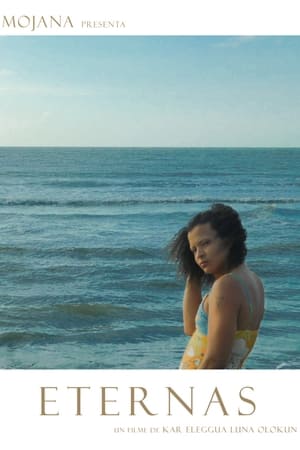 0.0
0.0Eternas(es)
A short documentary film that delves into the life of Eleggua Luna, a karmairi-mokana-motilona Afro-Caribbean trans woman born in Cartagena de Indias, Colombia, to delve into the constant struggle that black, trans and indigenous people live in Abya Yala as a result of colonization.
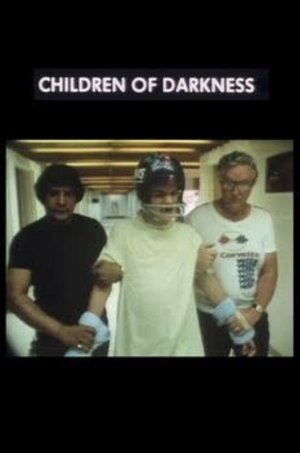 6.9
6.9Children of Darkness(en)
A significant number of American children and teenagers - from all social backgrounds - suffer from mental disorders, schizophrenia, autism and emotional problems, leading them to isolation from society while treating their issues in mental health facilities. But there's no end in sight for those young individuals when they face obstacles and mistreatment in inadequate places under the supervision of careless and inexperienced professionals. The documentary follows some of those public mental institutions and another private center dealing with troubled kids and reveals what's wrong with their procedures, and the irreparable harm they cause in those patients.
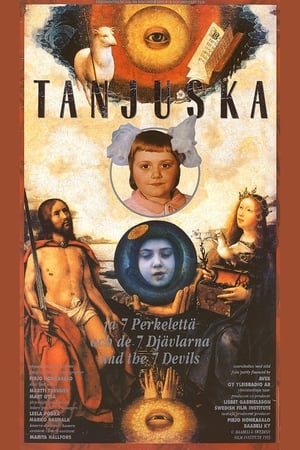 4.0
4.0Tanjuska and the 7 Devils(fi)
A documentary about Tanjuska who is a 12-year-old White-Russian schoolgirl, with a face like an icon. Two years ago she stopped eating, then talking and finally she stopped growing. The village priest in Estonia has explained to the family that seven devils have made a home inside Tanjuska. These devils are giving her orders and only a daily ceremony can force the devils to leave the girl.

